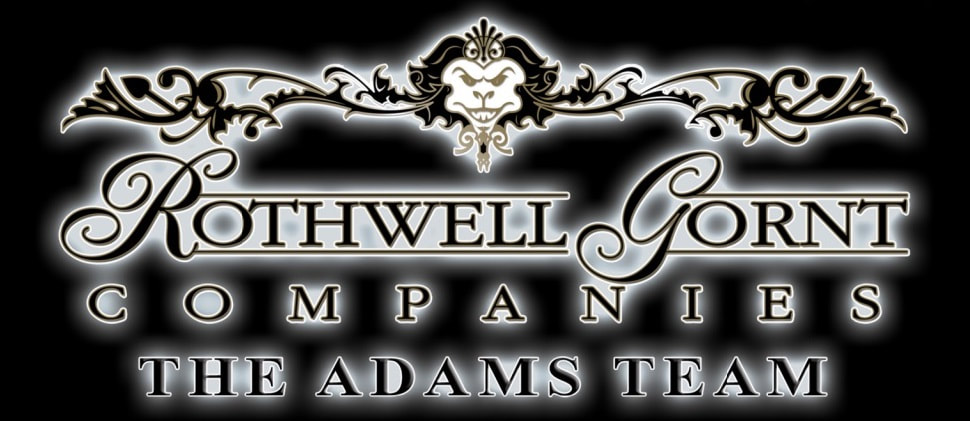|
LVrealestateHELP.com
Las Vegas is once again a hotspot of the housing market. Home prices in Sin City have surged more than 20% in the past year, in part because Wall Street institutions have poured billions into the area’s distressed inventory, snapping up single-family homes and converting them to rentals. As demand has soared for foreclosures, prices among that bottom-tier price point have jumped, pushing up the median sales price for the entire area. The rapid price gains have triggered worries that a new bubble could be inflating in the hard-hit desert city. But bubble talk may be premature – even completely wrong, according to Fitch Ratings. Despite the dramatic recovery, the New York-based ratings agency says homes in the Las Vegas metropolitan area are still underpriced – in fact it ranks Las Vegas among the five most undervalued housing markets in the U.S. “In places like Las Vegas, prices fell so far below their historical levels, that the price increases are appropriate and sustainable,” says Suzanne Mistretta, senior director of Fitch’s U.S. residential mortgage-backed securities group. Fitch compiled a list for FORBES of the five most overvalued and undervalued housing markets in the country based on its quarterly Sustainable Home Price model, which weighs home price trends against the economic fundamentals of the local market, including income growth, unemployment rates, population growth, mortgage rates, rental prices, buyer demand and inventory levels. If home prices grow faster than the rest of the local economy, then housing is becoming overvalued; if homes are trading for prices lower than the local economy can sustain, then housing is undervalued. Fitch looked at the country’s largest metropolitan statistical areas, which are urban regions defined by the U.S. Office of Management and Budget that generally include a core city and its surrounding suburbs. Las Vegas was one of the most pummeled housing markets in the post-bubble recession. Home prices tumbled more than 60% from their 2006 peak through their 2011 bottom, with a foreclosure rate that topped the nation. Values plunged so dramatically they overcorrected, creating a deluge of housing stock (much of it recently constructed in the boom) that could be had for significantly less than replacement costs. The economic environment made it very attractive to investors who saw an opportunity to pick up homes for pennies on the dollar, fix them up and lease them out to a burgeoning pool of foreclosure survivors in need of rental homes. As investors, many backed by Wall Street capital, scooped up properties, the market stabilized, fueling consumers’ confidence that the worst was over. More buyers jumped into the market and prices have continued their ascent. In March, the median sales price was $108,360, according to the S&P/Case-Shiller Home Price Index. Yet Fitch’s Sustainable Home Price model indicates that the local economy could support higher prices. When adjusted for inflation and compared to the market’s pre-bubble 1998 performance, Las Vegas home prices are — despite double-digit percent gains over the past year — still 20% below their pre-bubble healthy market norm. Fitch also rates as undervalued several other markets where prices have risen sharply in the past year amid heavy investor buying: Atlanta, Chicago and Orlando, Fla. Home prices are up 19% since last year in Atlanta, which has seen an onslaught of institutional investors like the Blackstone Group. Yet, adjusted for inflation, the current median sales price is 19% below its historic norm, according to Fitch. In Orlando, prices are still 3% below their historic norms, by Fitch’s reckoning. “Chicago is actually one of the hardest-hit markets in the country and nobody talks about it, but it was as hard-hit as Phoenix, Las Vegas or Florida,” John Burns, chief executive of Irvine, Calif.-based John Burns Real Estate Consulting, recently told FORBES. Adjusted for inflation, Chicagoland home prices are 8% lower than they were in 1998. The area’s home prices fell nearly 40% through 2012 from their 2007 peak (and more than 60% for distressed homes) and it has one of the highest foreclosure rates in the country. All of this has contributed to undervalued real estate. Perhaps the most interesting case is Detroit — despite a tepid local economy plagued by high unemployment and an exodus of residents, homes there are worth more than they’re selling for, according to Fitch. Motor City home prices are 35% lower than in 1998 after taking inflation into account. “Detroit never really benefitted from price run-up in the 2000s. Prices increased but far less than other areas because its economy had been structurally changing since the late 1990s with the population declining and employment dropping,” says Stefan Hilts, a director in Fitch’s U.S. RMBS group. “Yet it was still near the top of the list for [home price] declines: price levels fell well below where they had ever been.” Prices fell roughly 50% from their 2006 peak, but are up about 18% from a year ago. Some buyers apparently agree with Fitch that Detroit real estate is undervalued: the area has been seen an influx of cash-toting investors willing to shoulder high risk for the possibility of high rewards. On the other end of the spectrum, some markets truly have begun to reinflate. Of the five most overvalued, by Fitch’s reckoning, four lie in sunny California: San Diego, San Jose, Los Angeles and San Francisco. “Many California markets saw their prices double from 2000 to 2006 but as prices unwound they never fully corrected,” says Hilts. Home prices have risen by double-digit percentages in each of the past four quarters in these cities. If nascent bubble fears warrant a discussion anywhere, it’s in these markets. “If we see prices rising by 15% year-over-year in these areas, it rivals the run-up in the 2000s. We need to see economic factors behind that and in a number of these cities, income is growing but not very fast,” notes Hilts. Adjusted for inflation, homes in these markets are going for 41% to 57% more than their pre-bubble levels. One of the biggest factors driving California home prices higher is a dearth of supply, due to a delayed pipeline of so-called shadow inventory (distressed homes not yet listed for sale) coupled with a deluge of investors including institutions and foreign buyers. Interestingly, in the traditionally domestic buyer-heavy Silicon Valley (which includes San Jose), foreign investors have fueled bidding wars. As luxury real estate broker Ken Deleon explained to FORBES, Chinese buyers have been comprising about one-third of all winning offers: “They are here one week, view 10 homes and put an immediate cash offer, non-contingent, in on their favorite. They want to win that one and a $100,000 to $200,000 counter offer will not get in their way.” The fifth most over-valued market is, perhaps unsurprisingly, Washington, D.C. A large government-fueled economy helped buffer the country’s capital in the downturn. Compared to inflation-adjusted prices of the 1990s, homes currently sell for 54% more. “The main point is we do believe housing is recovering. We just think some areas are recovering faster than the fundamentals indicate,” stresses Mistretta. “That’s why we are more cautious on these markets.” She adds that overvaluation doesn’t necessarily mean a market like D.C. or San Jose is poised for a correction. Rather, the rate of home price appreciation may begin to slow as other economic fundamentals begin to catch up. This could be especially true as mortgage interest rates rise, making the cost of homeownership more expensive. READ THE ENTIRE ARTICLE HERE: http://www.forbes.com/sites/morganbrennan/2013/06/13/the-most-overvalued-and-undervalued-housing-markets-in-the-u-s/ Best Regards, Las Vegas Real Estate Help © 2017 LVrealestateHELP.com All Rights Reserved.
|
Blog Author:
|




















